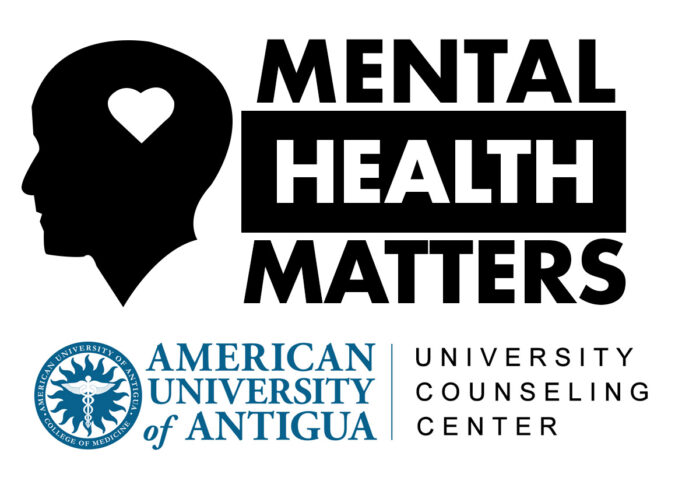By AUA University Counseling Center
The holiday season is usually filled with joy, laughter, excitement, and gathering with friends and family. Yet, for some people, the holiday season can bring on the holiday blues. Some may experience loneliness, grief, stress, depression, exhaustion, and anxiety.
The holiday blues is not a mental health condition, yet it is very real. With the holiday blues, the symptoms are mild and will decrease as the holidays end. Yet, it is important to note that there is a mental health condition called seasonal affective disorder (SAD), which is a form of clinical depression. The symptoms of SAD are similar to the holiday blues but last longer and are more debilitating, severe, and often require mental health treatment.
The holidays blues is temporary. It can be emotionally and physically exhausting, yet short-lived as the pressures of the holiday season subside.
For those who do not normally struggle with depression, the holiday season can bring it on. Some of the common causes of holiday depression are stressful family gatherings, travel stress, financial stress and obligations (especially surrounding gift giving and meal planning), grieving the loss of a loved one, excessive eating and drinking, unrealistic expectations, and lack of sleep.
As people look back on the past year, there may also be regret that limits the hope of the coming year. With the holiday blues, negative thinking can also play a role in a depressed mental state.
To cope with the holiday blues, it is important limit activities, as doing too much (spending money, eating more, drinking more, etc) and trying to be everywhere for everybody can lead to feeling overwhelmed and stressed. Try to maintain healthy habits.
Sometimes, loneliness and sadness set in, and it is important to not isolate yourself. Yet, there are also times when being around too many people, family, and friends, can lead to feeling overwhelmed. It is important to find a healthy balance between loneliness and togetherness. Exercise has been known to reduce and prevent symptoms of depression, so take a walk, try some yoga, or go to the gym. Be sure to practice self-care during the holiday season and participate in activities that reduce stress, such as listening to music or getting a massage. Combat negative thinking with an attitude of gratitude.
Finally, if the holiday blues seem to be lasting longer than the holidays, it is important to reach out to a mental health professional for help to learn ways to cope.

